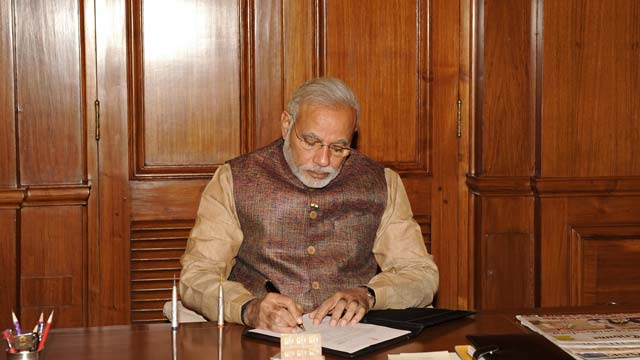Well-run governments get better results out of their budget resources, according to a study by the World Bank titled 'Fiscal Policy and Economic Growth: Lessons for Eastern Europe and Central Asia'. The study draws on quantitative analysis and case studies to confirm that more productive public spending, lower fiscal deficits, and greater reliance on non-distorting taxes can spur economic growth.
The report reviews trends in public spending and taxation in Eastern Europe, Turkey, and Central Asia (ECA) since the 1990s and how they compare to trends in high-growth countries elsewhere in the world. Middle-income countries in Eastern Europe typically have bigger governments than comparator countries in Asia or Latin America because of large social transfers. Once public spending exceeds about one-third of GDP, higher spending is associated with lower growth in countries with weak governance, but no such relationship exists in well-governed countries. High levels of public spending are risky when public institutions are weak. Money is less likely to be well-spent, fiscal deficits are more likely to emerge, and higher taxes needed to finance such spending are more likely to distort business and worker decisions. The biggest challenge in most countries in ECA is to increase the efficiency of public spending. It is particularly important to enhance growth prospects and ensure that populations benefit from expenditures in health, education, pensions, and infrastructure. Investing in infrastructure can help boost economic growth if project selection is appropriate and operations and maintenance costs are adequately funded. Removing implicit subsidies, especially in power and water, can make resources available for maintenance while also making infrastructure more attractive for private investment
Be a part of Elets Collaborative Initiatives. Join Us for Upcoming Events and explore business opportunities. Like us on Facebook , connect with us on LinkedIn and follow us on Twitter, Instagram.











